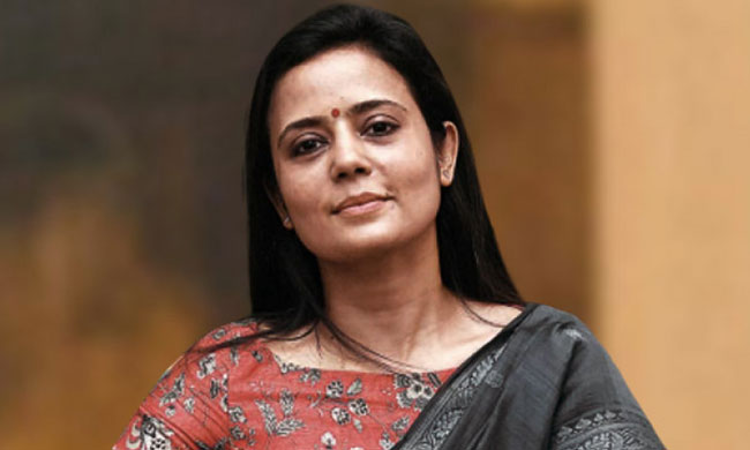MP Mahua Moitra Intervenes In Whatsapp Traceability Case In Madras HC
Akshita Saxena
2 Oct 2019 3:02 PM IST

Next Story
2 Oct 2019 3:02 PM IST
MP Mahua Moitra, who is also a member of the Parliamentary Standing Committee on Information Technology, has sought impleadment as a Respondent in the Whatsapp Traceability case being heard by the Madras High Court. The petition in public interest was filed by one Antony Clement Rubin last year, seeking linkage of Aadhaar or any other government authorized identity proof with...
